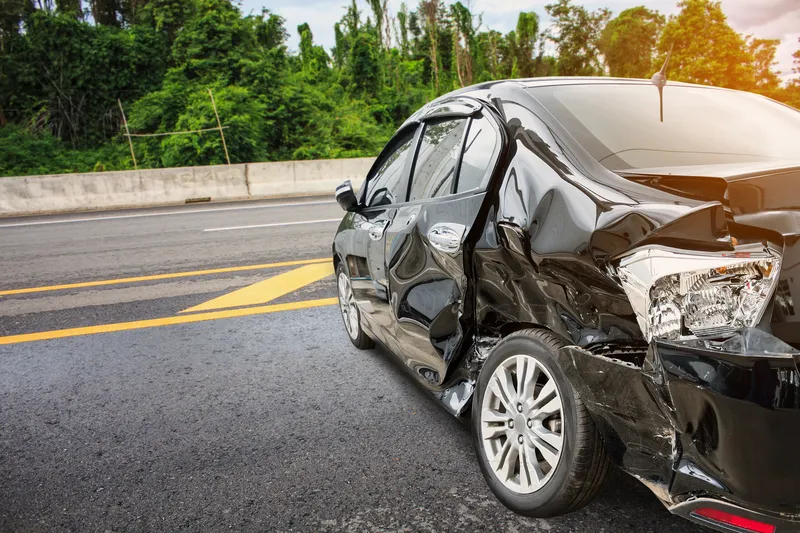Bernhard Simon, chief executive of Dachser, a Germany-headquartered European logistic provider, says he believes that one in five truck journeys would not be necessary if superfluous packaging was avoided. This could reduce annual carbon dioxide emissions by up to eight million tons he believes. In 2005 CO2 emissions from road cargo transport in Germany amounted to 36.7 million tons and the Federal Environment Agency has forecast emissions to rise to 44.4 million tons by 2020.
May 17, 2012
Read time: 1 min
Bernhard Simon, chief executive of 5597 Dachser, a Germany-headquartered European logistic provider, says he believes that one in five truck journeys would not be necessary if superfluous packaging was avoided. This could reduce annual carbon dioxide emissions by up to eight million tons he believes. In 2005 CO2 emissions from road cargo transport in Germany amounted to 36.7 million tons and the 5598 Federal Environment Agency has forecast emissions to rise to 44.4 million tons by 2020.
Julia Wolf, logistics professor at the European Business School in Wiesbaden, argues that transport costs are too low. She says that transport costs account for 15 per cent of the price of a product on average, and 20 per cent of the transport costs depends on the road carrier's utilisation rate. The more links a distribution chain consist of, the greater is the likelihood of excessive packaging.
Julia Wolf, logistics professor at the European Business School in Wiesbaden, argues that transport costs are too low. She says that transport costs account for 15 per cent of the price of a product on average, and 20 per cent of the transport costs depends on the road carrier's utilisation rate. The more links a distribution chain consist of, the greater is the likelihood of excessive packaging.







